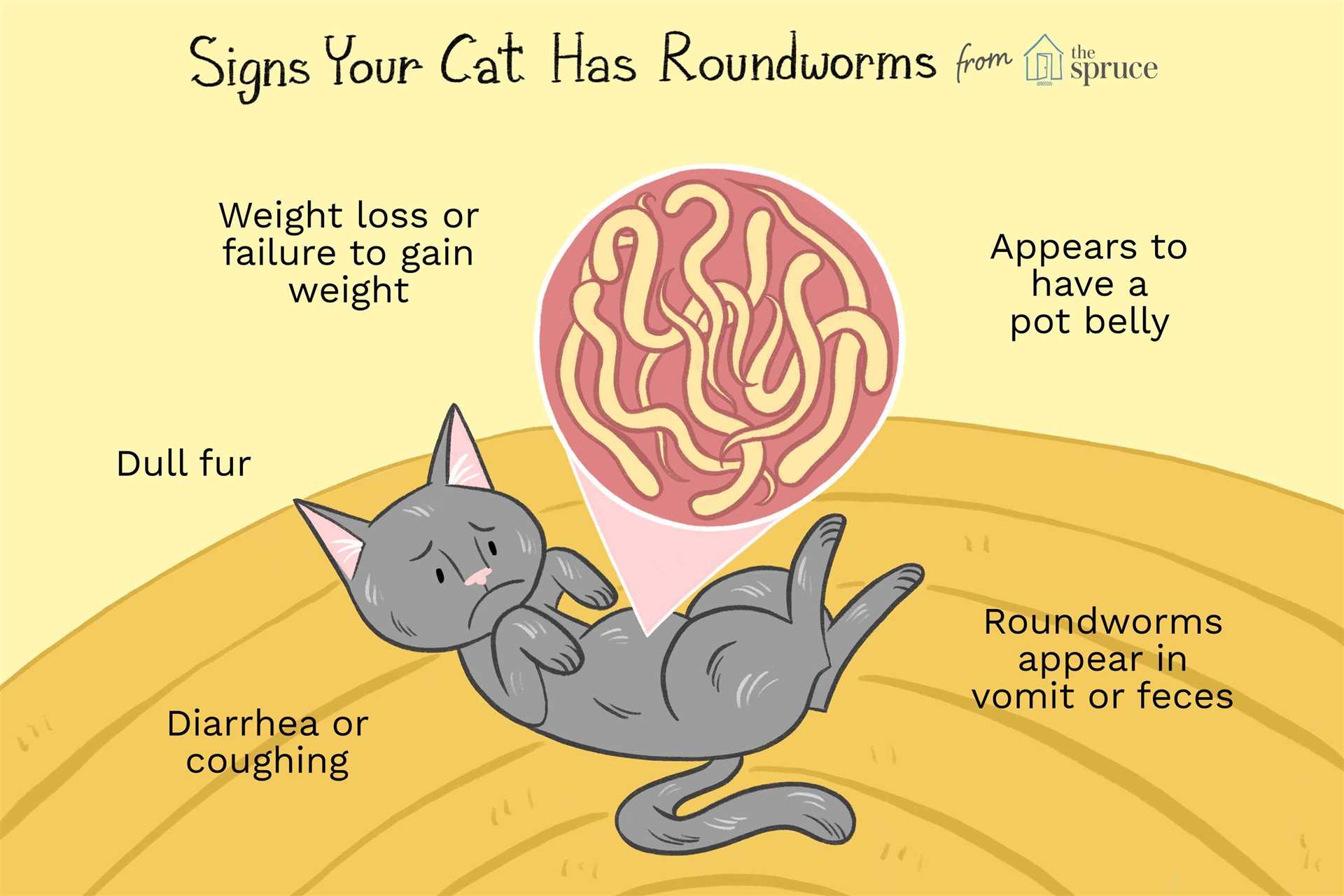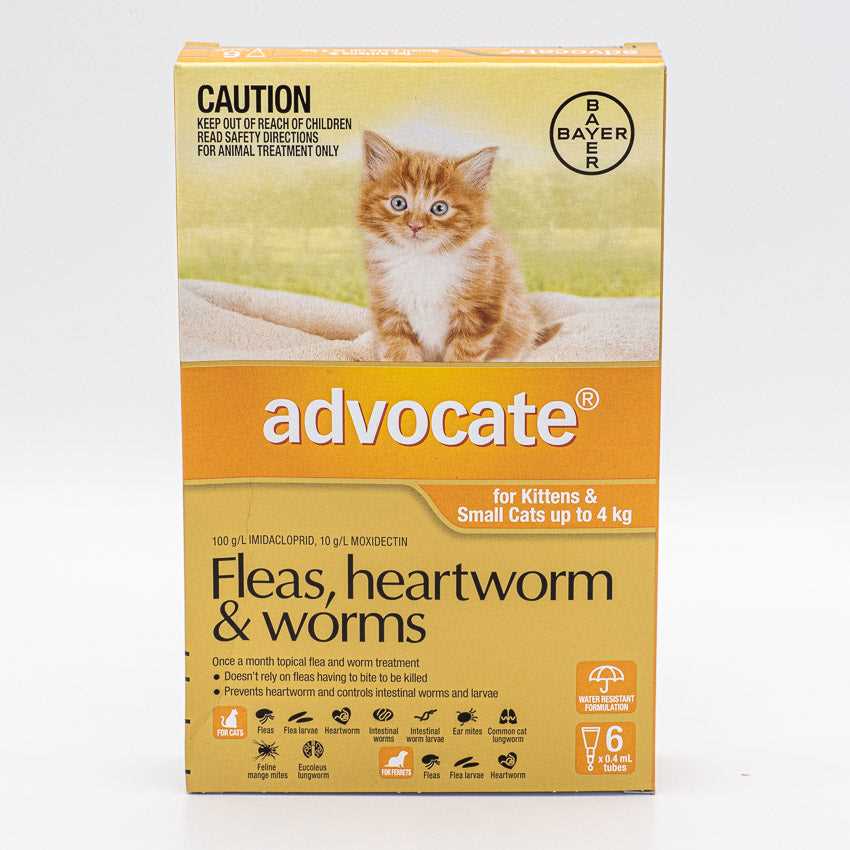First and foremost, visit a veterinarian. Accurate diagnosis is critical. A professional can determine the specific type of infestation and recommend appropriate medication.
Next, ensure a clean environment. Regularly vacuum and sanitize areas where I spend time. This reduces the chances of reinfestation and keeps living spaces hygienic.
Medication is usually administered in a prescribed form, whether it’s a pill or liquid. Follow the vet’s instructions precisely to ensure the treatment is effective. Completing the full course of medication is vital for eradicating the issue.
Monitor overall health closely during the treatment period. Signs of improvement or any adverse reactions should be noted and reported to the veterinarian. Regular follow-ups may be necessary to confirm that all unwanted guests have been eliminated.
Lastly, discuss preventive measures with the vet. Regular deworming schedules and maintaining a clean habitat will help keep future infestations at bay. Staying informed and proactive can make a significant difference in maintaining well-being.
Recognizing Symptoms of Worm Infestation in Cats
Pay attention to noticeable changes in appetite. A sudden increase or decrease in food intake can be a sign of an infestation. Weight loss, despite regular eating habits, is a red flag that shouldn’t be ignored.
Grooming habits may alter. If a feline stops grooming or shows signs of excessive grooming, it might indicate discomfort or irritation caused by parasites.
Physical Signs
Watch for unusual behavior in the litter box. Diarrhea, particularly if it contains mucus or blood, signals a potential problem. Additionally, the presence of visible parasites in feces or around the rear end indicates a serious issue.
Behavioral Changes
Changes in energy levels can also indicate trouble. A normally active feline may become lethargic or withdrawn. If there’s an increase in restlessness or unusual vocalization, it’s time to seek help.
Choosing the Right Deworming Medication for Your Cat
Consulting a veterinarian is the most reliable way to find the appropriate deworming medication. Each type of parasite requires a specific treatment, and only a professional can determine the right option based on individual needs.
Common medications include:
| Medication | Target Parasite | Form |
|---|---|---|
| Pyrantel Pamoate | Roundworms, Hookworms | Liquid, Tablet |
| Praziquantel | Tapeworms | Tablet, Injectable |
| Fenbendazole | Roundworms, Hookworms, Whipworms, Giardia | Granules, Suspension |
| Milbemycin Oxime | Heartworms, Roundworms, Hookworms | Tablet |
Read labels carefully to ensure proper dosage based on weight. Some medications might require multiple doses or a specific treatment schedule. Always follow the veterinarian’s guidelines and monitor for any side effects.
Maintaining a healthy diet is also important. For dental health, consider using best dental powder for cats to support overall well-being while managing parasite issues.
Administering Deworming Treatments Safely
Before giving any medication, ensure the environment is calm. Stress can affect the effectiveness of the treatment. Choose a quiet spot where the furry friend feels secure.
Read labels carefully. Dosage varies significantly among different products. Administer according to weight and age to avoid complications. If unsure, consulting a vet is wise.
Methods of Administration
For oral medications, mixing the dewormer with a favorite treat can make intake easier. Ensure the entire dose is consumed. Liquid forms may require a syringe for precise delivery; gently place it in the side of the mouth to encourage swallowing.
Post-Treatment Care
Observe for any adverse reactions after administration. Symptoms like vomiting or lethargy may indicate an issue. If such signs appear, contact a veterinarian immediately. Maintain hydration and monitor food intake during recovery.
Keep the living area clean. Regularly disinfect bedding and toys to minimize reinfestation risks. Regular vet check-ups are beneficial for maintaining overall health.
Managing Your Feline’s Diet During Worm Treatment

Adjustments to diet are necessary while addressing those uninvited guests. Focus on high-quality, easily digestible options to support recovery. Incorporating the following tips can enhance the process:
- High-Protein Foods: Opt for protein-rich meals. Chicken, turkey, or fish are excellent sources that aid in rebuilding strength.
- Wet Food Preference: Consider offering canned food. It provides hydration and is often more palatable, encouraging consumption.
- Frequent Small Meals: Instead of large servings, smaller portions throughout the day can be easier to digest and may reduce any potential nausea.
- Probiotic Supplements: Adding probiotics may help restore gut health after medication. Consult a veterinarian for suitable options.
- Avoid Table Scraps: Resist the urge to provide human food. Some items may be harmful and disrupt the treatment process.
Monitor any changes in appetite or behavior. If reluctance to eat persists, a veterinary consultation is advised. Maintaining a balanced and nutritious diet fosters a quicker recovery and overall well-being.
Preventing Future Worm Infestations in Cats
Regular veterinary check-ups are critical. Schedule annual visits to monitor health and receive preventative care. Discuss deworming schedules tailored to lifestyle and environment.
Maintain hygiene in living spaces. Regularly clean litter boxes, vacuum carpets, and wash bedding. A clean home reduces the risk of reinfestation. Consider the best floor surface for washing machine to prevent contamination.
Limit exposure to potential sources of infection. Avoid allowing access to areas with stray animals or wildlife. Supervise outdoor time and consider leash training for safer adventures.
Feeding a balanced diet helps boost immunity. Consult with a vet to choose high-quality food that supports overall health. Supplementing with probiotics can also aid digestion and strengthen defenses.
Regularly treat for fleas and ticks. These parasites can carry worm eggs, increasing the risk of infection. Choose a reliable preventative method and adhere to recommendations for application frequency.
Educate on signs of infestations. Promptly addressing any unusual behaviors or symptoms can prevent severe health issues. Stay vigilant and proactive in care.
When to Consult a Veterinarian for Worm Issues

Immediate veterinary attention is necessary if noticeable weight loss occurs despite a healthy appetite. Changes in behavior, such as increased lethargy or hiding, signal distress. Vomiting or diarrhea, especially with visible segments or eggs, warrants a professional examination. If blood appears in stools or vomit, seek help without delay. In pregnant or nursing felines, any signs of infestation should prompt an urgent visit to prevent transmission to kittens.
Recognizing Severe Symptoms
Presence of a swollen abdomen or bloating indicates a possible severe infestation. Persistent coughing or difficulty breathing may suggest lungworm involvement. If any sudden changes in the feline’s health arise, including seizures or unresponsiveness, a veterinarian’s assessment is critical.
Regular Check-ups
Annual wellness exams are recommended for early detection of parasitic infections. Routine fecal tests help identify hidden issues before symptoms arise, ensuring a proactive approach to health care.






